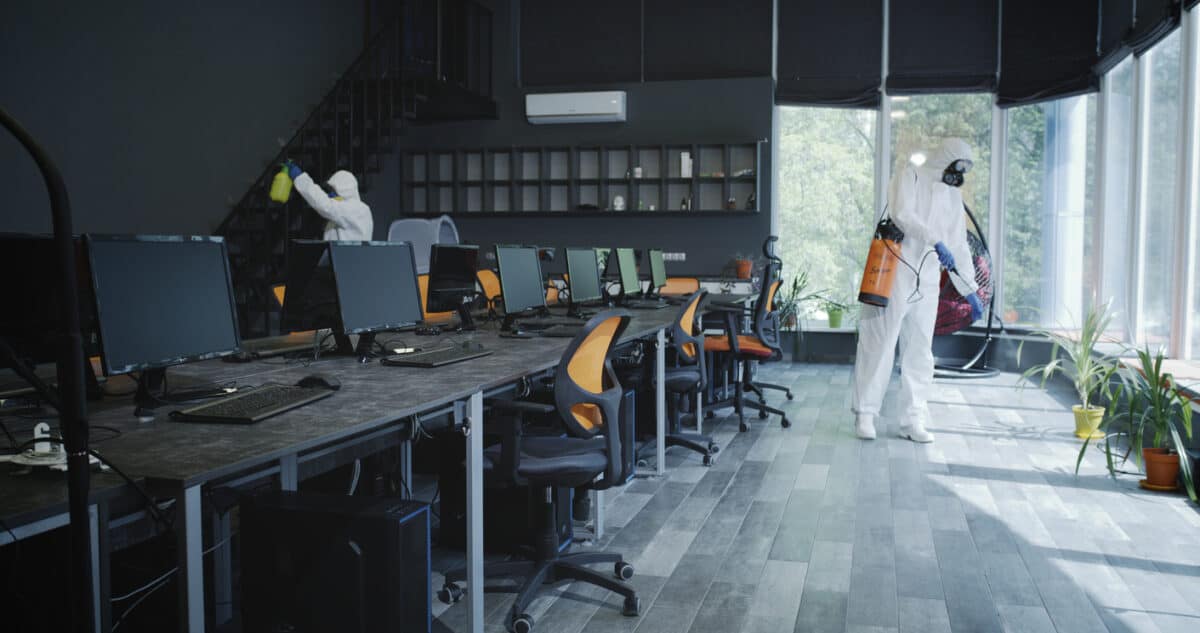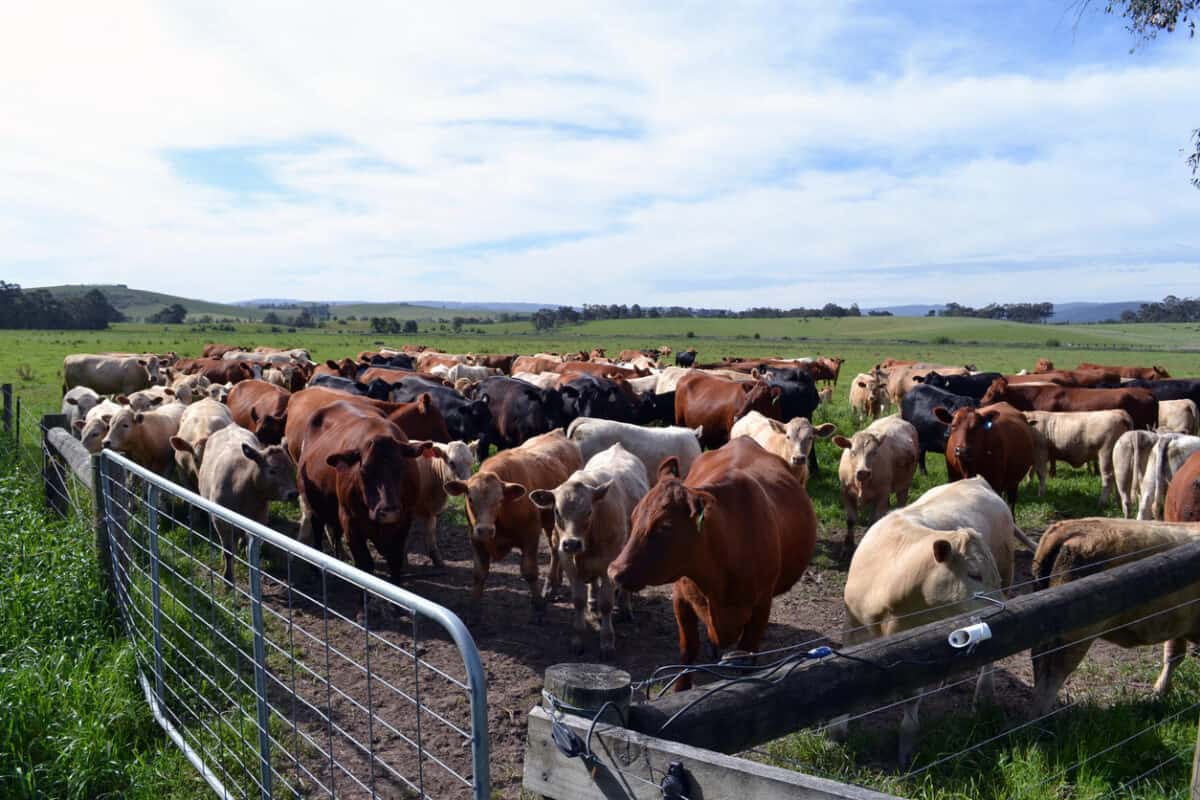Many employers are rattling around floors of empty offices while their employees are working remotely or at home and almost entirely due to modern telecommunications. This has not been at the request of employers but due to government lockdown requirements. The push to have workers return to multi-storey offices is reflective of the desire to return to normal rather than accepting that established business structures have been rendered impractical or unfeasible for the coronavirus future.
A recent article in the New York Times illustrates this new circumstance well. The article, titled “New surveys show how pandemic workplace policies are shifting“, says that the major information technology companies in the United States that every business seems to want to emulate even though their practices are very questionable are continuing to postpone the return of workers to bricks and mortar (or glass and stainless steel) offices. The NYTimes article is the first to discuss this phenomenon and its relation to mandatory vaccinations.






